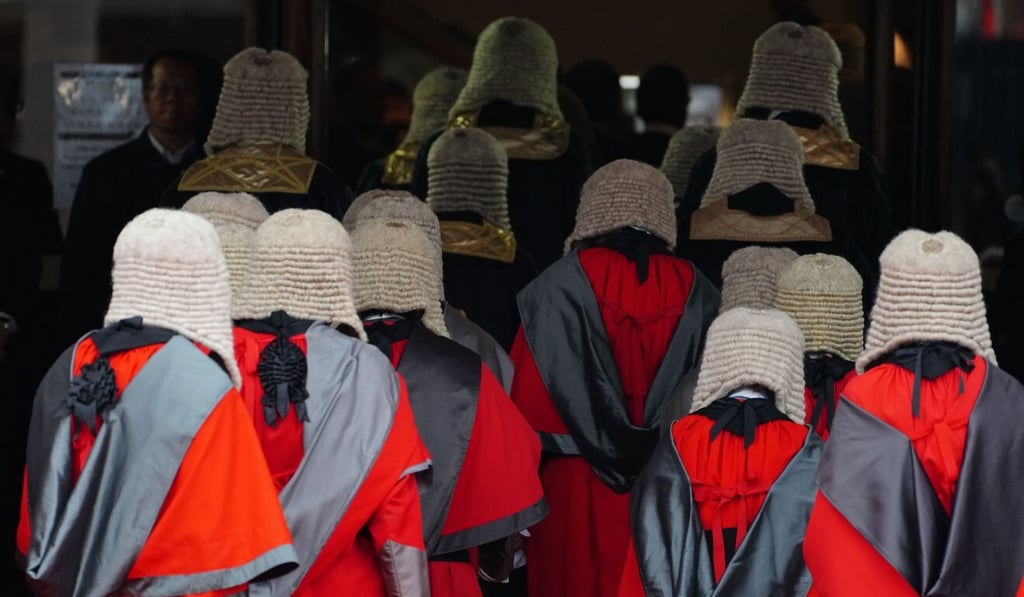Hong Kong national security law: former chief justice expresses concern over provisions of legislation
- Andrew Li says the city leader’s chairmanship of the National Security Commission would make it inappropriate for him or her to choose a judge
- The power of central authorities to exercise jurisdiction over small number of cases would undermine Hong Kong’s judicial independence, he feels

His full statement is as follows:
It is unfortunate that the draft law has not yet been published. But it is significant to note that the explanation of the Legislative Affairs Commission of the National People’s Congress Standing Committee has stated that the legal principles of our system would be followed, including the presumption of innocence. There is no suggestion that the law would be retrospective.
I would wish to comment on two matters affecting the judiciary. First, it was stated that the chief executive would have the power to select judges who would deal with national security cases. This would be detrimental to the independence of the judiciary.
Under the Basic Law, judges are appointed by the chief executive on the recommendation of an independent commission, that is, the Judicial Officers Recommendation Commission. Judges are chosen on the basis of their professional qualities and they exercise their judicial power independently, free from any interference.
The judiciary is independent from the executive authorities. The independent judiciary should decide on the judges who would hear these cases without any interference from the executive authorities.
